Simon of Farmfeed started two businesses in the hardest time possible
Simon Washer started two farming businesses at the same time in a bad market. Learn how he survived and later thrived.
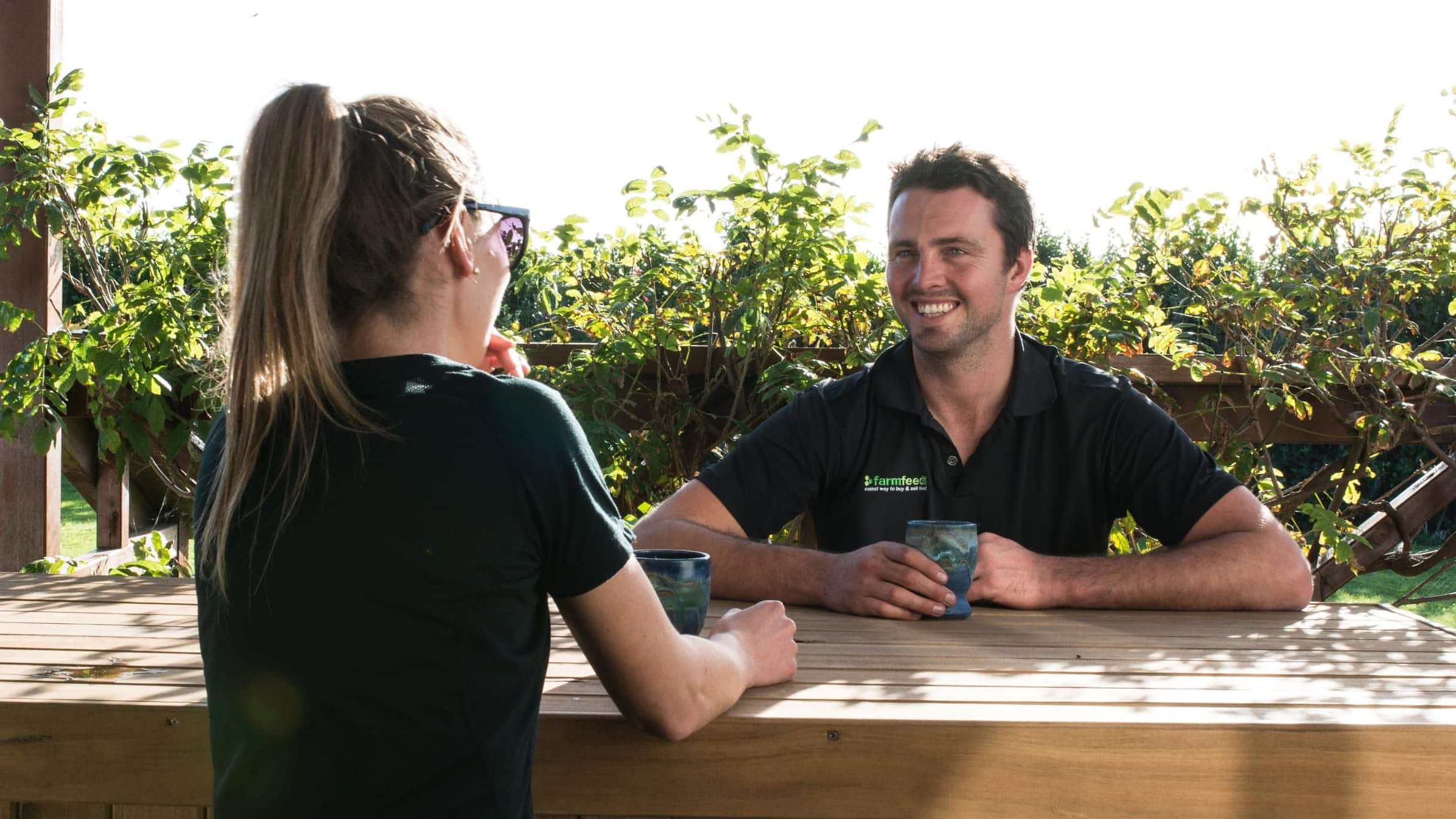
Finding a better way
Simon Washer had just bought a 340-cow dairy farm in Hawera, Taranaki, when the market tanked. Dairy prices dropped more than 50 per cent in the first year of business.
It was a brutal introduction for the 27-year-old, who had spent five years paying his dues as a sharemilker and farm manager. If that wasn’t enough to contend with, Simon also had a second startup in its infancy.
Launching two businesses in a stressed rural economy might not sound like a pathway to inner peace, but Simon says it was therapeutic. The constant cut and thrust made a welcome distraction during the downtimes.
Simon’s business journey started in Ashburton, south of Christchurch, where he worked as an assistant farm manager in 2011. After running out of feed, he ordered silage from a contractor 15 kilometres away.
“The day it was delivered, I noticed the neighbour was mowing half his farm for sale feed,” Simon explains. “So I asked him what price he'd sold it for and, after doing the maths, I realised I’d have saved $10K if I’d bought from him.
"But it was 2011, and farmers found feed by looking in the newspapers or calling contractors. It was incredibly manual and disconnected. That way of doing business had just cost me a lot of money and I thought to myself, we should be doing this online.”
After looking at Trade Me, Simon decided their feed marketplace wasn’t the answer either. None of the products were graded for dry matter, crude protein, or metabolisable energy – so buyers didn’t know what they were getting.
By 2013, Simon had set up Farmfeed, a website that aimed to connect feed traders and make it easy to do business.
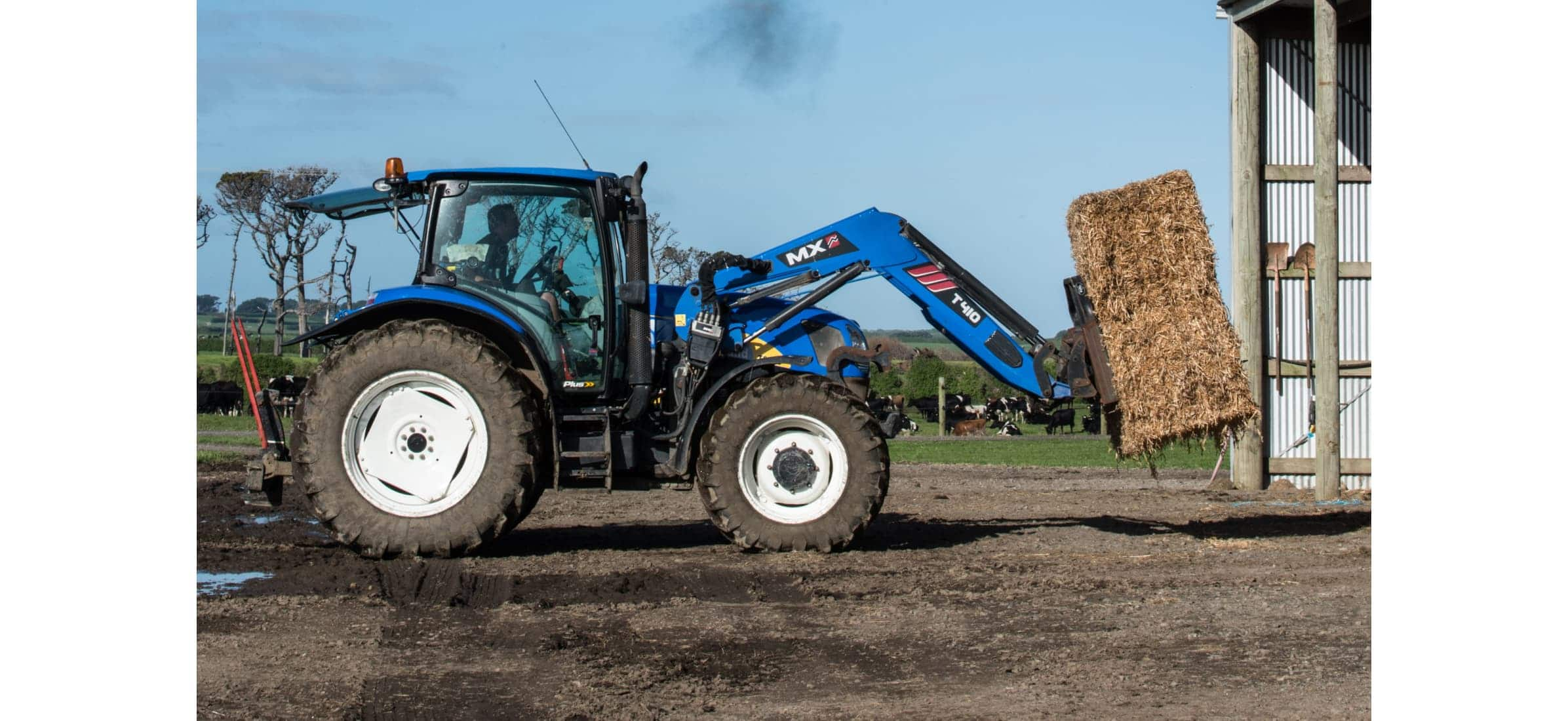
Simon divides his time between his dairy farm and Farmfeed.
“Farmers are just too busy to stuff around getting their feed graded, or set up fiddly listings where they have to pay for extra photos and so on. We took all that away,” he says.
“When sellers create a listing with us, we send them sample containers that they can fill with feed and pop back in the mail. Within five days, their feed is formally graded by a lab and the results are posted with their listing.”
Within months, one of New Zealand’s biggest contractors started using Farmfeed and deals were being done. But it wasn’t exactly a well-oiled machine.
Simon’s singular focus on solving a customer problem meant he hadn’t yet thought how to make money from the venture. And the first version of the site, built by a student developer for $1500, was clunky and difficult to use.
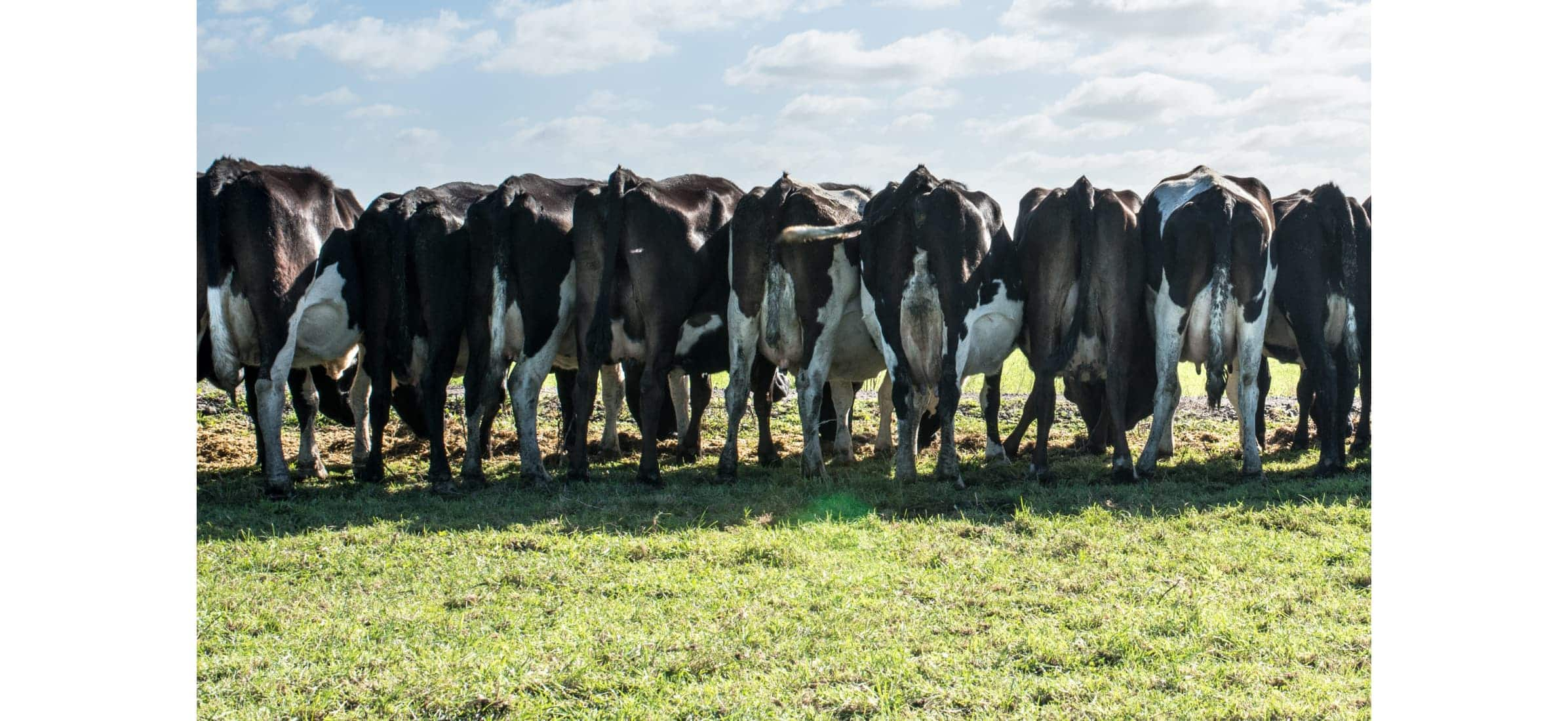
We’ve thrown a lot of money, time and energy at Farmfeed, but I’m glad. I’d hate to watch someone else do it and think ‘Bugger, I had that idea’.
Simon Washer — Farmfeed
Finding that competitive streak
“I asked our early users what they thought of the site and they pointed out some of the limitations,” Simon recalls. “Pictures didn’t load properly and it wasn’t a smooth experience, so I went out and got a quote to build the site professionally.”
Estimates ranged up to $18,000, which forced a serious rethink. He quickly had to decide if Farmfeed was a hobby or a business. If it was a business, then it would need to make some money, which seemed like a long shot.
“I told my customers I was thinking of letting Farmfeed go and they all warned me not to. They asked how I’d feel if someone else picked up the idea and made a success of it. I guess that’s where my competitive streak kicked in. I couldn’t live with that.”
Those early experiments with Farmfeed had also taught Simon the business wouldn’t be as hands-off as he’d hoped. His vision had been for buyers and sellers to connect on the site then look after themselves, but it wasn’t happening that way.
“A lot of customers would ring up and say ‘I want to sell some feed but could you list it for me?’ Or ‘I want to buy some feed but could you organise transport for me?’ So it was actually developing into quite a big, time-intensive service to deliver.
“We were more involved in the deals than we’d planned. And we were effectively branching into logistics.”
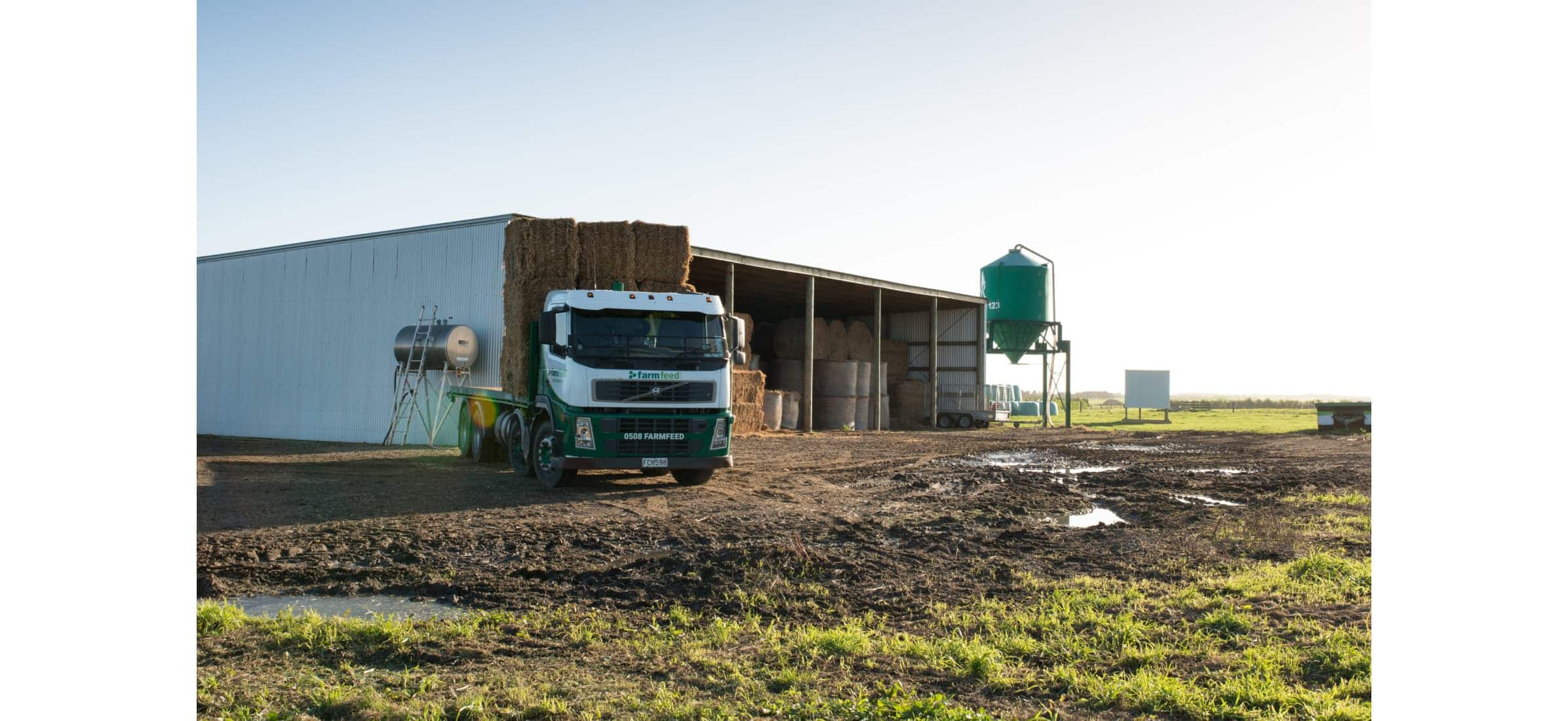
Simon runs both of his businesses from his farm in Taranaki.
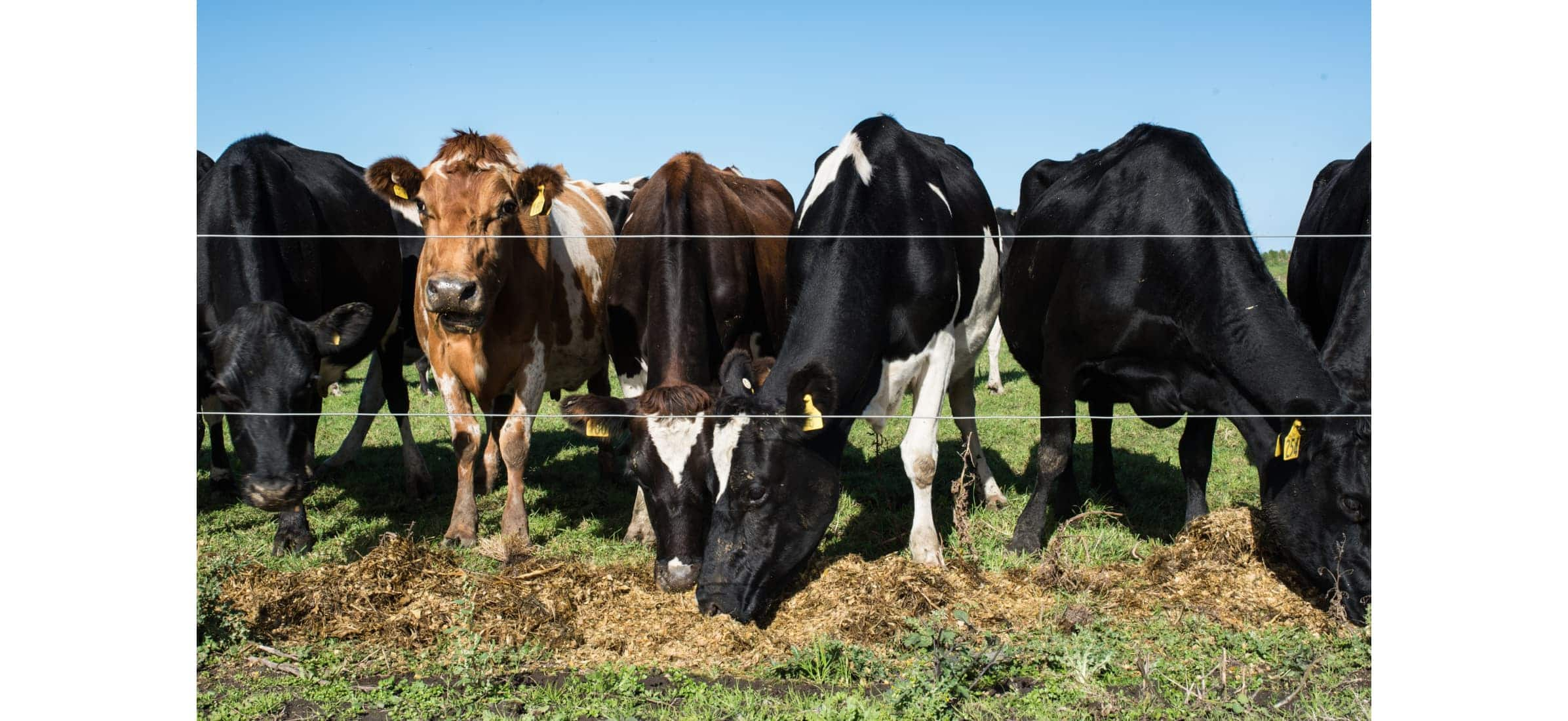
Simon bought a 340-cow dairy farm just before dairy prices crashed.
At precisely the same time as he launched the new-and-improved Farmfeed, Simon was also finishing up a business plan for his own dairy farm. It was 2013 and milk solids were fetching around $8/kg.
He budgeted for a relatively conservative $6/kgMS payout and took the plunge. He’d spend 2014 getting the farm into peak working order, which was a fine plan except it didn’t really fit with Farmfeed.
“It was tough in those early days of Farmfeed,” Simon admits. “I’d come in from a full day on the farm, have tea, then go and spend three hours working on a business that didn’t exist yet. And now I was going to buy my own dairy farm on top of that.”
It was around this time that Simon met Marilyn Davies, a director at Busing Russell chartered accountants and chair of Chartered Accountants Australia & New Zealand’s Regional Advisory Group.
“I told her I’m in the shit because I’ve got two businesses and I can’t run them both,” Simon remembers. “Yet here I am, four years later, still running both businesses. A lot of that credit goes to Marilyn.”
She started by helping Simon accept the reality in front of him – he couldn’t make both businesses a success on his own. So he stepped back from Farmfeed and recruited Rachelle Hopkinson to manage the business.
Even though she had a lot of rural business experience, Simon says it was a stressful experience.
“I knew a lot about farming but not ecommerce or logistics, so how was I going to manage an employee? In the end, I just told Rachelle that I wanted Farmfeed to earn enough to pay her salary. I didn’t want to have to top it up out of the farm.”
She pulled it off and, by year’s end, Farmfeed was self-sustaining. Simon had also worked hard through 2014, priming the dairy farm for a big 2015 – except milk payouts had plummeted below $4/kgMS.
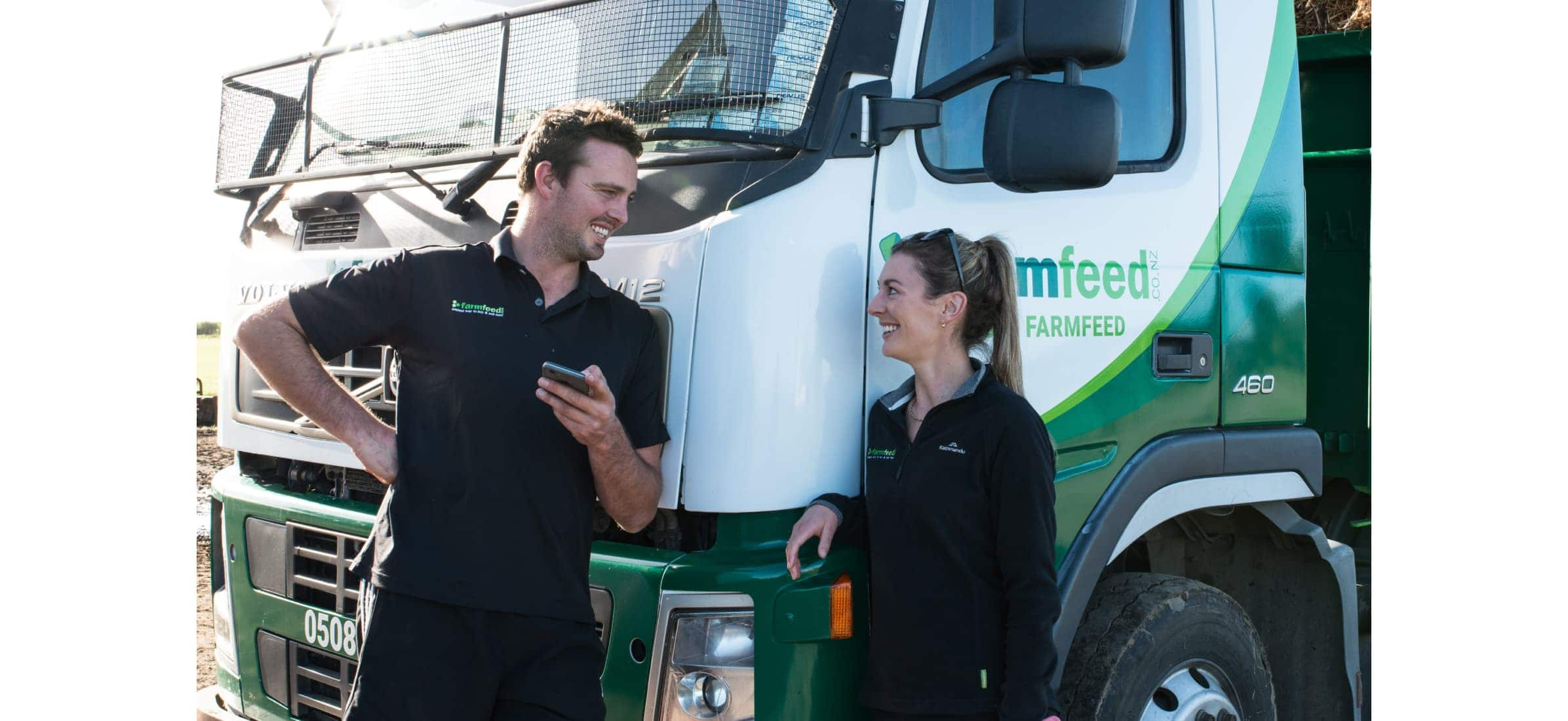
Xero saved us 12 hours a week. That means an awful lot to a small business with just a couple of employees.
Simon Washer — Farmfeed
Fateful meeting
With one business just breaking even and another facing tough times, Simon went to see his bank manager. It wasn’t a meeting he relished, but it ended up changing the trajectory of both businesses – and ultimately Simon’s headspace.
“The bank manager could see I’d done everything I could for the farm so he suggested I focus on Farmfeed,” he says.
“I talked about that with Marilyn and she stepped up her involvement on the farm business, so I could switch attention back to Farmfeed.”
With Simon putting in extra time, he and Rachelle drove revenue up 400%. Just a year after worrying that the farm would need to top up the feed business, it was the other way around.
Besides providing financial relief, Farmfeed had also been a source of psychological relief.
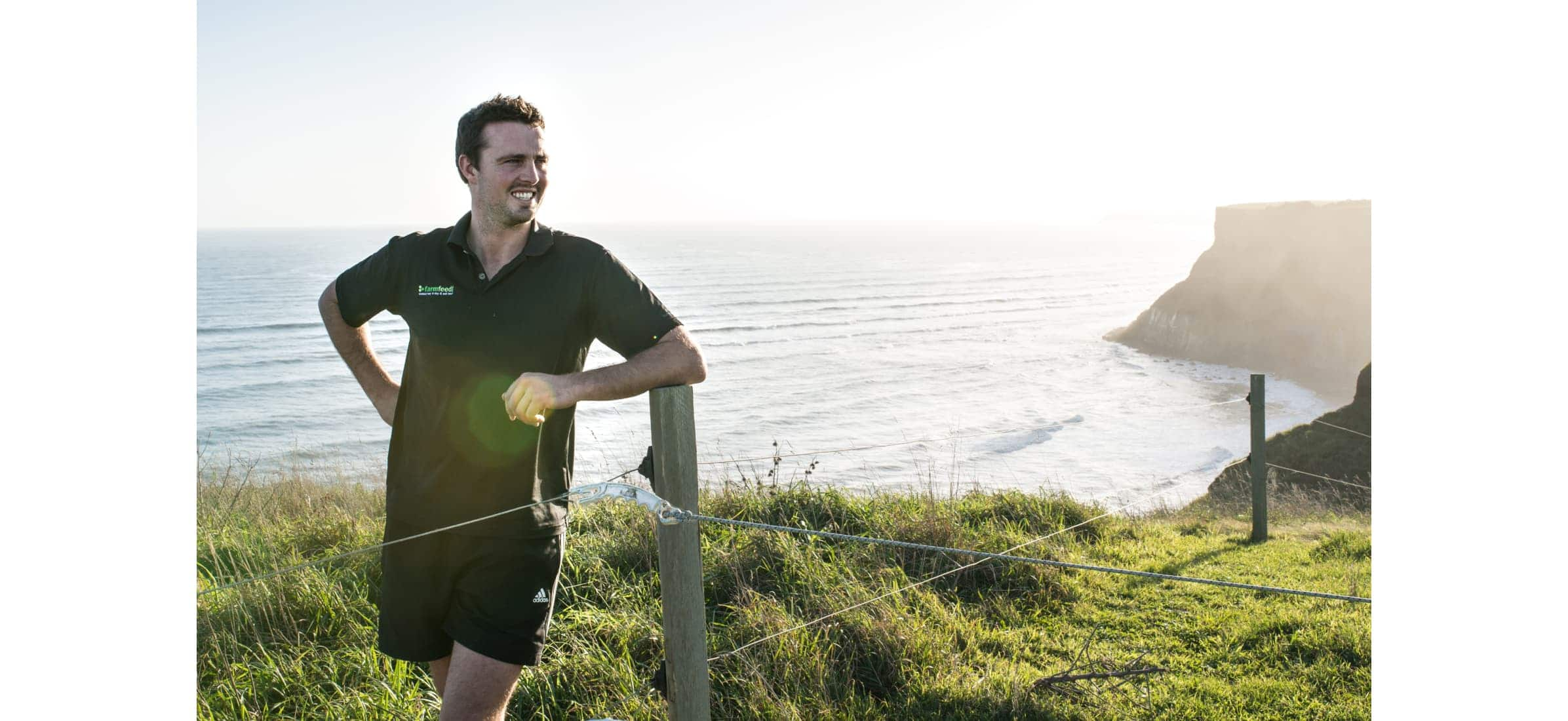
Spending time outdoors on the beautiful west coast is an important part of the job.
“Every time the dairy price went down, I’d jump on the calculator and see what the damage was to the farm business but I didn’t have to dwell on it. I’d just ask myself how we could make that money back through Farmfeed. Mentally, I never had a bad day when payments went down.”
Farmfeed’s success did have a downside, though. As it grew, so did the paperwork. And with things so tight on the farm, Simon didn’t want to spend money on a new hire. As a result, he and Rachelle spent hours hunched over spreadsheets, trying to stay on top of finances.
“All that admin was a real handbrake. We wanted to be out there growing the business and trying things, not working on the books.
“When we shared that frustration with Marilyn, she switched us onto Xero. We were among the first clients she put on the software and told us we’d be guinea pigs but we didn’t care. We had to try something.”
Simon now runs Farmfeed with his partner, Monica. It’s still small and lean and incredibly busy but automation means none of that hard work is wasted on bookkeeping. Every ounce of effort is focused on improving the business. Rebounding milk prices mean prospects have lifted for the farm too.
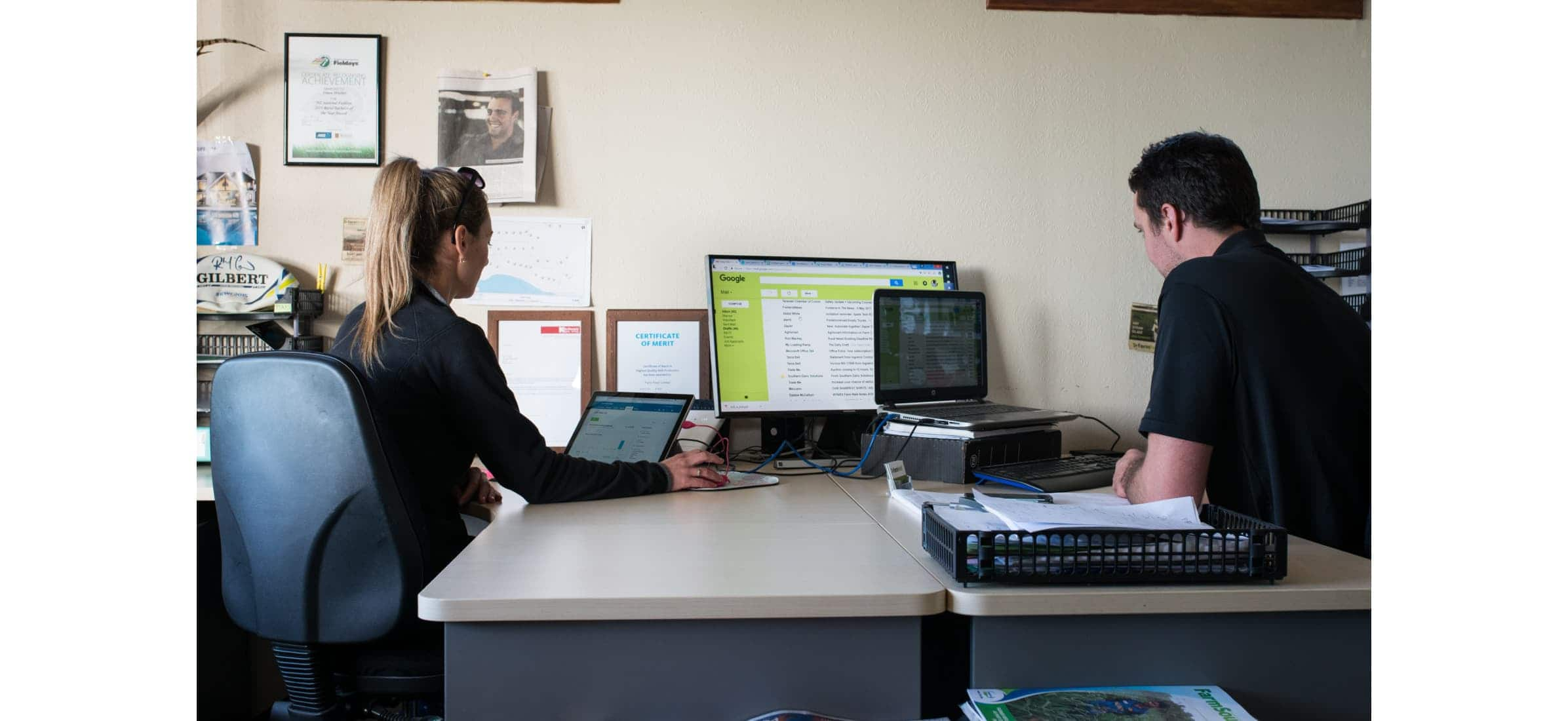
Simon and Monica run Farmfeed together.
It’s been seven years since Simon first dreamed up Farmfeed. One financial crisis and two businesses later, he’s learned a lot. But he wouldn’t change anything.
You can learn more about Simon Washer’s business Farmfeed on his website farmfeed.com.
Explore more
See how our customers are making the world a more beautiful place
See how accounting software can work for you
Start using Xero for free
Access Xero features for 30 days, then decide which plan best suits your business.